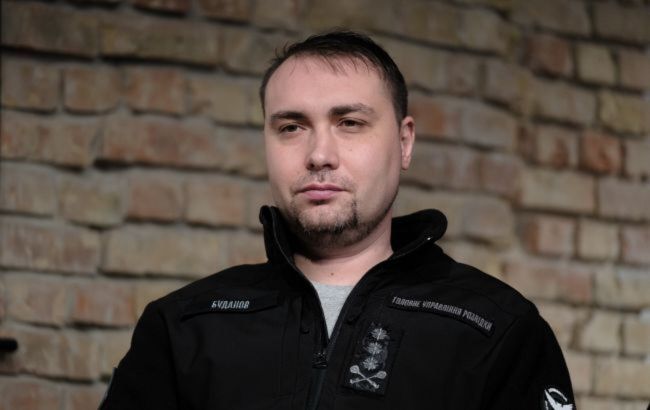Intelligence chief outlines three goals of Putin's 'reconnaissance by battle' in Europe
 Photo: head of Ukraine’s military intelligence, Kyrylo Budanov (Vitalii Nosach, RBC-Ukraine)
Photo: head of Ukraine’s military intelligence, Kyrylo Budanov (Vitalii Nosach, RBC-Ukraine)
Russia’s hybrid attacks on Europe pursue several objectives. Above all, Russian dictator Vladimir Putin seeks to destroy the notion among Russians that Europe is strong or worth anything, according to an interview with Kyrylo Budanov, head of Ukraine’s Main Intelligence Directorate, published by Il Foglio.
Speaking to a journalist about Russia’s hybrid attacks and provocations against Europe, including acts of sabotage, cyberattacks, and violations of airspace by aircraft and drones, Budanov explained that "the answer is simple."
"In military science, this type of attack is called ‘reconnaissance by battle,’ and there are two, or rather three, objectives, though one of them is more psychological and for internal use: Putin is preparing Russians; he wants to destroy in their minds the idea that Europe is worth anything, that Europe is strong," he said.
Violations of European airspace by drones also serve a purpose; Russians are testing Europe’s reaction, its ability to make decisions, and its willingness to use force. At the same time, they are identifying air defense systems, military facilities, and other critical sites.
Budanov noted that this is essentially a double test for the EU, both a political and a military challenge. And if one looks at all of Russia’s actions together, drone incursions, sabotage of factories and railways, cyberattacks, the broader goal of the Russian regime becomes clear.
"We see that the Russians aim to stir anti-war sentiment in European countries and within your public opinion. For them, the benefit is twofold: if you, Europeans, grow tired of the war, the aid coming to us, to Ukraine, will be reduced. At the same time, Russians spread the idea among European citizens that it’s not even worth starting a war against Russia. That’s not my opinion, that’s the Russian perspective on the matter," he said.
When asked how he evaluates Europe’s response to this "double test," Budanov laughed and asked the journalist to move on to the next topic.
Russian provocations against NATO: what is known
Russia has intensified provocations against NATO countries since September of this year. On September 10, about twenty Russian drones violated Poland’s airspace; only four of them were shot down.
A few days later, Russian MiG-31K fighter jets breached NATO airspace, remaining over Estonia for about 12 minutes and attempting to approach the capital. Two more Russian aircraft appeared over the Petrobaltic oil and gas platform in the Baltic Sea.
In addition, numerous incidents involving "unknown drones" over European countries have been recorded. These are Russian UAVs launched from undisclosed platforms. According to media reports, Western intelligence agencies are now detecting Russia’s use of a "shadow fleet" as a launch platform for drones entering the airspace of EU and NATO countries.

